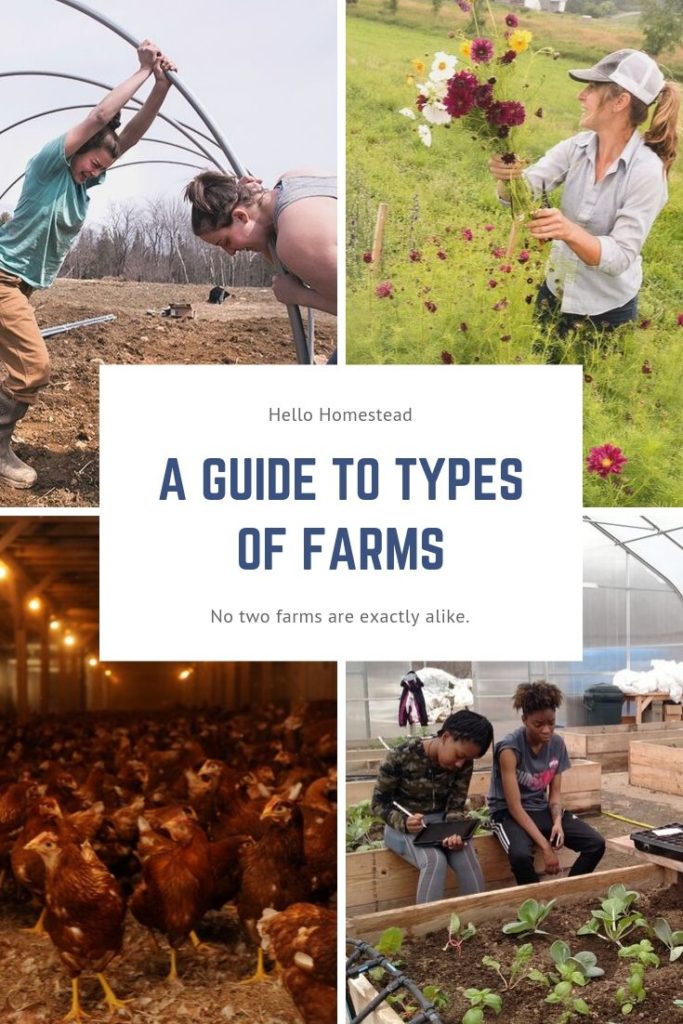
Organic meat and poultry can be an excellent way to support your local community while also helping the environment. Buying locally-produced, organic foods has become increasingly popular over the past few years.
Small-scale farming is the practice of growing crops and raising livestock on a small plot of land. Despite not being as profitable as industrial farms, it offers many benefits to farmers and their communities.
What is Small-Scale Farming?
Small-scale farming is a primary livelihood for millions of households worldwide. It includes farming, typically on less than five acres, as well as pastoralism, a livelihood centered on livestock in regions that don’t have enough rainfall for agriculture.
A well-managed piece of land can be used to produce food for human consumption, steward the natural environment and mitigate climate change through sequestering carbon in the soil. In this way, small-scale farming can help end poverty and hunger, while empowering communities to build a future of food security and sustainable living.
In many ways, small-scale farming provides a more personal connection to the food you eat. It can also be a great way to connect with your local community, by supplying the people in your community with fresh and organic foods.
However, small-scale farming comes with a lot of challenges and problems. These include hard physical labor and a lot of knowledge that needs to be learned.
Why Should I Support Small-Scale Organic Farmers?
Organic farmers are working hard to produce healthy food while stewarding the land and environment and reducing greenhouse gas emissions. They are also influencing their local communities by creating jobs and providing opportunities for economic development, decreased poverty rates and increased household incomes.
Small-scale organic farmers are a vital part of the agriculture industry, but they often struggle economically because they do not have the resources to compete with large farms. Supporting them can help them remain viable as their farming systems adapt to the current climate and food system.
Organic farming practices can reduce a wide range of costs, including soil erosion, fertilizer inputs, machinery and fuel. But it can also be difficult to earn a profit on an organic farm because yields are typically lower than those of conventional farming. Nevertheless, organic farms are vital for a sustainable food future.
How Can I Support Small-Scale Organic Farmers?
You can support small-scale organic farmers by buying their produce at your local farmer's market or farm stand, or by joining a CSA (Community Supported Agriculture). A CSA share is an affordable way to receive a wide variety of fresh organic foods and support your favorite local farmers.
You may also want to consider volunteering on your local farm, as many small farms take on occasional volunteers during key moments in the year. Volunteering is a great way to get hands-on experience and learn firsthand what it takes to run an organic farm.
Another way you can support small-scale farmers is by supporting their work with the National Organic Standards Board. NSAC members like OEFFA help organic farmers attend NSAC meetings and other important agricultural events so they can share their input.
The biggest challenge for small-scale organic farmers is the lack of resources to support their practices. They need to develop a business plan to help them manage their costs and keep their business running smoothly. They also need training and technology services that they can use to improve their farming practices.
How Can Supporting Small-Scale Organic Farmers Benefit Both My Local Community and the Environment?
Organic farming reduces chemical use, which helps reduce air pollution and climate change. It also encourages biodiversity in both plants and animals (and by extension, soil) through crop rotations, inter-cropping, symbiotic associations, cover crops and minimum tillage.
These practices also increase nutrient and energy cycling, retentive abilities of soils for nutrients and water, and protect against soil erosion by reducing the time that soils are exposed to erosive forces.
Moreover, organic farms can use native plant species that are adapted to the local environment and climatic conditions, which can help preserve natural habitats and enhance the resilience of these areas to climatic changes.
In addition, supporting small-scale organic farmers helps support their families and the local community. Often, these farmers are family-run businesses and their livelihoods depend on selling their produce at markets or directly to consumers. This supports their families and builds relationships between them and the people who purchase their goods. These relationships are important for building community.
Frequently Asked Questions
Are organic foods healthy?
There are two types. One is those that we grow ourselves, and the other is those that we buy from someone else. There are exceptions to these categories, but most people will answer your question yes. Organic food is healthier than conventional food because it doesn’t contain harmful chemicals, pesticides or herbicides. It also doesn’t contain preservatives or genetically modified organisms.
You can find organic foods in supermarkets across North America. Organic food can now be found in many grocery stores making it easier for shoppers to choose organic products.
Organic food is healthier and tastes better because it contains more vitamins, minerals, antioxidants, and other nutrients. Organics are also grown without the use of pesticides or synthetic fertilizers, so they don't pollute our soils and water supplies.
The USDA regulates organic farming practices and requires farmers to follow strict guidelines to ensure that organic produce is safe to eat. There are currently more than 30,000,000 acres of US farmland which have been designated organic.
Organic food can often be cheaper than conventional food. Consumers are paying less for the same amount of calories, protein, and nutrients. Organic farms are free to charge less for their crops, as they don't need to pay expensive chemical inputs such insecticides orfungicides.
According to the Environmental Working Group (EWG), organic food actually costs 10% less per pound. If you care about the health of yourself and your family, consider switching to organic food.
Organic food has become a popular alternative to standard American diets. Many people believe that organic food can only be found in specialty markets or gourmet restaurants. This is false. Organic food can be purchased in most grocery stores across the United States.
The sales of organic food have increased dramatically in recent years. In 2012, the US market value for organic food was $43 Billion. This is an increase of $21 Billion from 2007.
What is organic meat?
Organic meat is organic food that has been grown naturally without the use of pesticides, artificial fertilizers or hormones. It also means the animals were not fed any genetically modified foods. This means that the meat is safe for consumption as there aren’t any harmful chemicals.
Organic meats are healthier for our environment. Eating organic foods helps reduce pollution in the environment, such as rivers and lakes. We can also help wildlife by eating organic foods. Organic farmers do not often use toxic chemicals that can kill birds or insects.
The best way to ensure that you eat healthy organic meats is to buy them locally whenever possible. Local purchases help keep more money within the community than traveling out of state. Local businesses often pass down savings to customers when they shop locally. Shopping locally keeps American jobs in America, rather than sending them abroad.
Is organic the same as pesticide-free?
Organic food is naturally chemical-free and grows without pesticides. This means that organic food is not exposed to pesticides or fertilizers.
Organic produce also contains more nutrients than conventionally produced foods because it contains no harmful additives.
The USDA National Organic Program requires that organic farming practices be followed by farmers.
These guidelines include soil preparation, crop rotation, pest control, water conservation, and harvesting practices.
In addition, organic farming methods promote healthy ecosystems, which benefit wildlife and natural habitats.
What are organic fruit?
Organic food does not contain pesticides or synthetic fertilizers. Organic foods also have more nutrients such as vitamins C, E and K plus omega-3 fatty acid. Organic food is better for the earth and our bodies because of these healthy ingredients.
Organic foods are made using sustainable agricultural practices, which protect soil quality and promote biodiversity. They are free from harmful chemicals, radiation, and sewage sludge.
While most consumers associate organics with produce, many organic products include dairy, meat, poultry, eggs, baked goods, personal care items, pet food, and household cleaning supplies.
The USDA defines organic as crops grown in accordance with strict federal regulations. Non-organic methods cannot be used by farmers to grow these foods. They can use approved natural pest control methods such as crop rotation, cover cropping and organic animal feed.
Additionally, the farmer must adhere to guidelines concerning the amount of fertilizer and pesticide that he uses during the growing seasons and how he rotates his fields among various crops. GMOs, artificial growth hormones, synthetic pesticides and synthetic fertilizers are not allowed in the fields of farmers.
The requirements for organic fruits and vegetables are met if they are labeled 100 percent organic. But, not all farms label their produce as 100% organic. It would confuse consumers. They will instead label their product "made with organic ingredients." "
Statistics
- Nutrients like omega-3 fatty acids were up to 50 percent higher in organic meats and milk than in conventionally raised products.[3] (en.wikipedia.org)
- As for organic meat, regulations require that animals be raised in living conditions that accommodate their natural behaviours (like the ability to graze on pasture), fed 100% organic feed and forage, and not administered antibiotics or hormones. (usda.gov)
- When packaged products indicate they are “made with organic [specific ingredient or food group],” they contain at least 70% organically produced ingredients. (usda.gov)
- Cosmetic brands such as Laurel and Rose Mira are 100 percent organic and have a wide array of skincare products. (en.wikipedia.org)
External Links
ota.com
doi.org
- Occupational Pesticide Exposures and Cancer Risk: A Review: Journal of Toxicology and Environmental Health, Part B: Vol 15, No 4
- Genetically modified foods: safety, risks and public concerns--a review - Journal of Food Science and Technology
ams.usda.gov
ncbi.nlm.nih.gov
- Evaluation of the micronutrient composition of plant foods produced by organic and conventional agricultural methods - PubMed
- Comparison of the total ascorbic and phenolic acid contents of air-dried and freeze-dried marionberry, strawberry and corn grown using conventional, organic and sustainable agricultural practices – PubMed
How To
How to get Organic Meat on a budget
Here are some tips and tricks that will help you save money on organic meat.
Here are some tips to help you find low-cost organic meats. Also, how much per pound they cost. This will teach you how to get the most out of your purchase.
You don't need to spend a lot of money to eat healthily. Sometimes you need to be creative in order to save money and still eat healthy. Here are my suggestions for ways to cut food costs while still enjoying the benefits of organic meat.
- Shop at wholesale clubs - Sams Club or Costco are great places to buy bulk foods such as chicken breasts and pork chops. These stores often offer discounts on large quantities of meat, up to 50 pounds, if you are lucky enough to be near one. This way you won't end up with any leftover meat. You can also freeze the meat if you buy it bulk.
- Look online to save money on meat. For example, Amazon has a weekly deal called Prime Pantry, which includes free shipping on orders over $35. You can get discounts on ground beef, beef roasts, lamb steaks and pork loins. It's easy to browse their website and see what's available at different times.
- Local farmers often charge less than big box retailers due to the fact that they don't have large overheads for stocking their shelves. Local farmers also know exactly what their animals have eaten and drank so they can determine what's in their bodies.
- Look for lean cuts of meat. Fatty meats are generally more expensive to cook. So, look for the leanest cuts. The most popular are sirloin or flank steak, tenderloin roasts, top round steak, and top roast steak. These cuts are low in fat and high-protein.
- Explore new recipes. Don't be afraid of trying new things. One of the easiest ways to reduce your grocery bill is to start cooking meals with ingredients you haven't used before. You may be amazed at the variety of delicious dishes that you can make with fresh tomatoes, onions garlic, olive oil and spices.
- Remaining meat and poultry can be used for sandwiches, salads or soups. Leftover meat is perfect for making quick lunches or dinners.
So there you go! These are my top tips for how to get organic meat on a tight budget. What other tips do you have? Are you able to give me any tips on how to get cheap meat?
Resources:
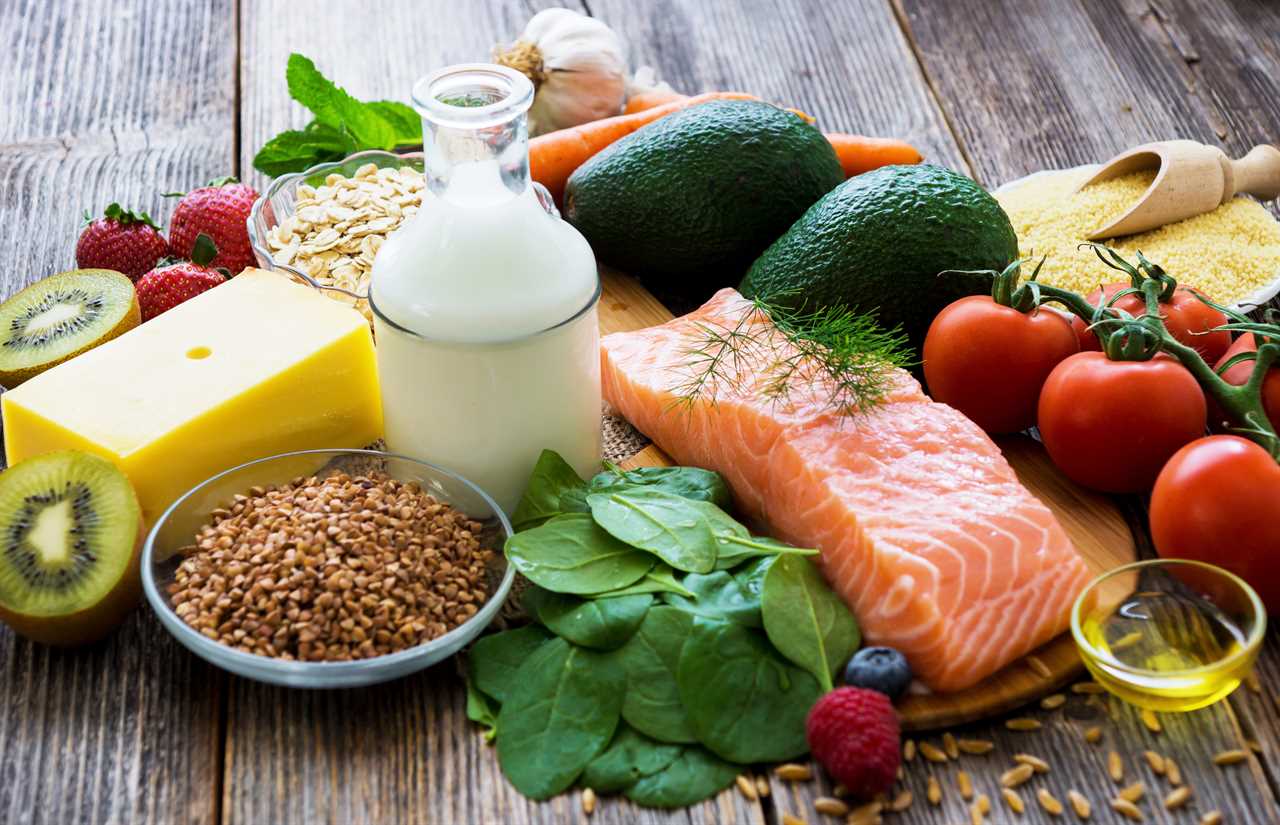 |
GALLONS OF PINE SOL + 10 CANS OF COMETGenuinely embracing global flavours, BelovedSaffron.com invites food lovers and passionate chefs to explore a world of spices and herbs, organic food, |
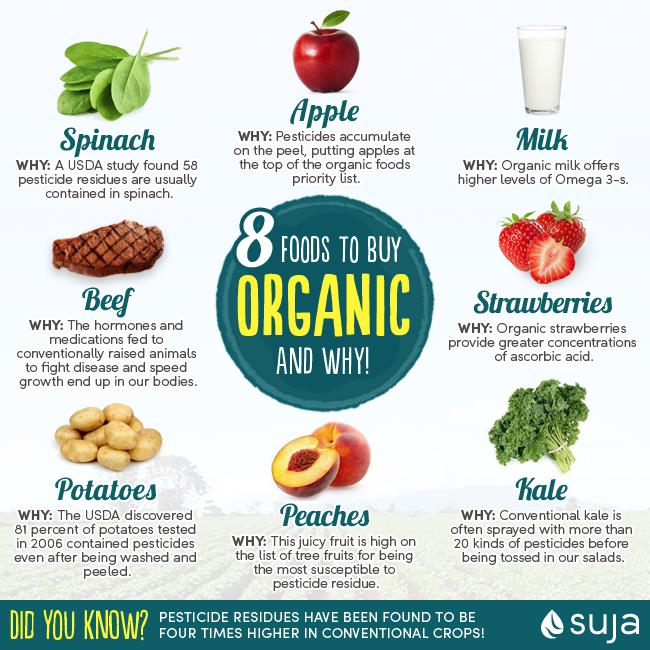 |
The 15 Best States for Homesteading in 2023We understand that food has the power to connect us all, transcending cultures and distances. At Belovedsaffron.com, we are passionate about spices,.. |
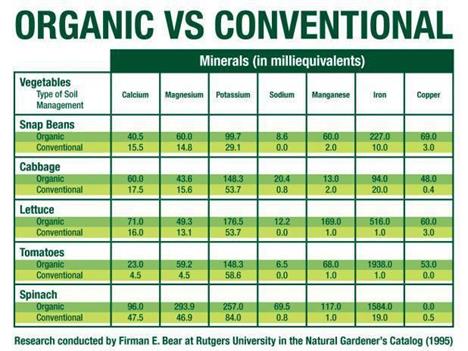 |
The Ugandan Agricultural Revolution led by Dr. Emma NaluyimaWelcome to Belovedsaffron.com, where we embrace everything related to spices, herbs, nutritious food, and organic eating! We are not professional.. |
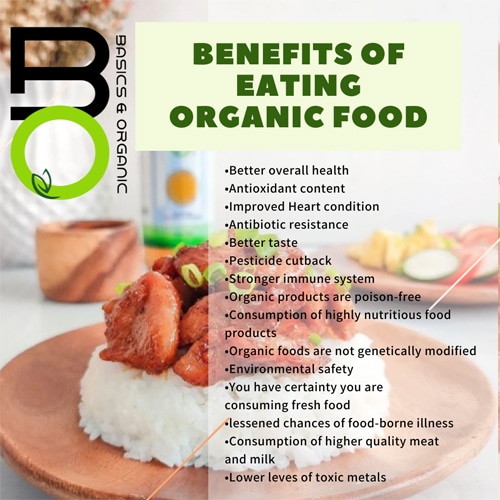 |
Innovating our way into the future. A Summit for Entrepreneurs and Intrapreneurs.Discover the wonders of global cuisine at Belovedsaffron.com! Our mission is to bring you spices, herbs and organic food from all over the world,.. |
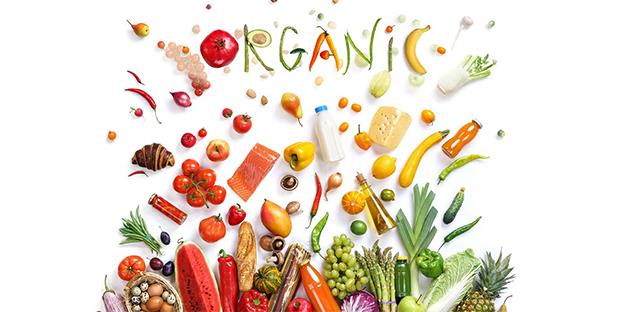 |
You’re Killing Your Asparagus if You Do This, 5 MISTAKES You Can’t Afford to Make Growing AsparagusWelcome to Belovedsaffron.com, where we are passionate about spices, herbs, recipes and organic eating! Here you will find a wide range of spices,.. |
 |
What I eat in a Day RESTAURANT VLOG!At Belovedsaffron.com, we are passionate about spices, herbs, recipes and organic eating. We are on a mission to bring you awareness about flavours.. |
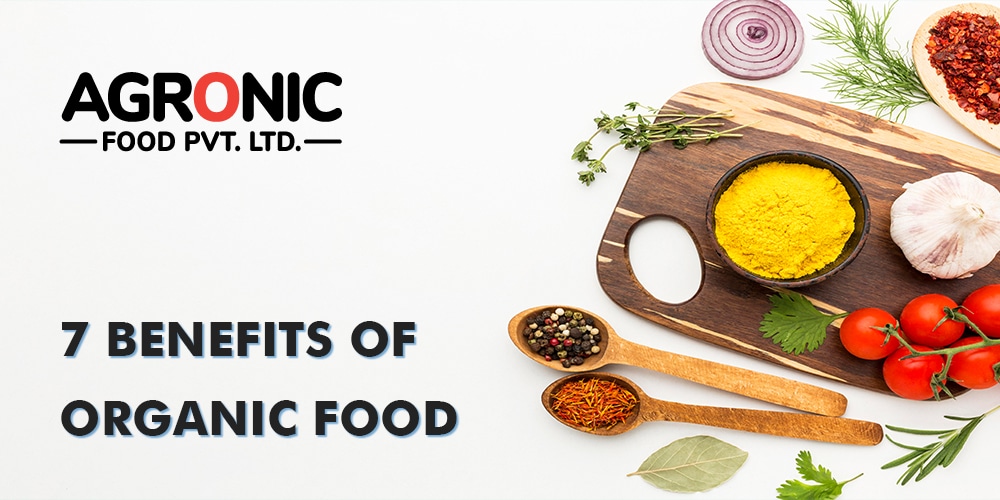 |
Nepali Organic Himalayan Village Food (Rice and Lentils ) | shepherd food | Shepherd Life |Rainy DayAt Belovedsaffron.com, we're passionate about flavours, cultures and cooking wisdom from around the world. We seek to bring you closer to sustainable |
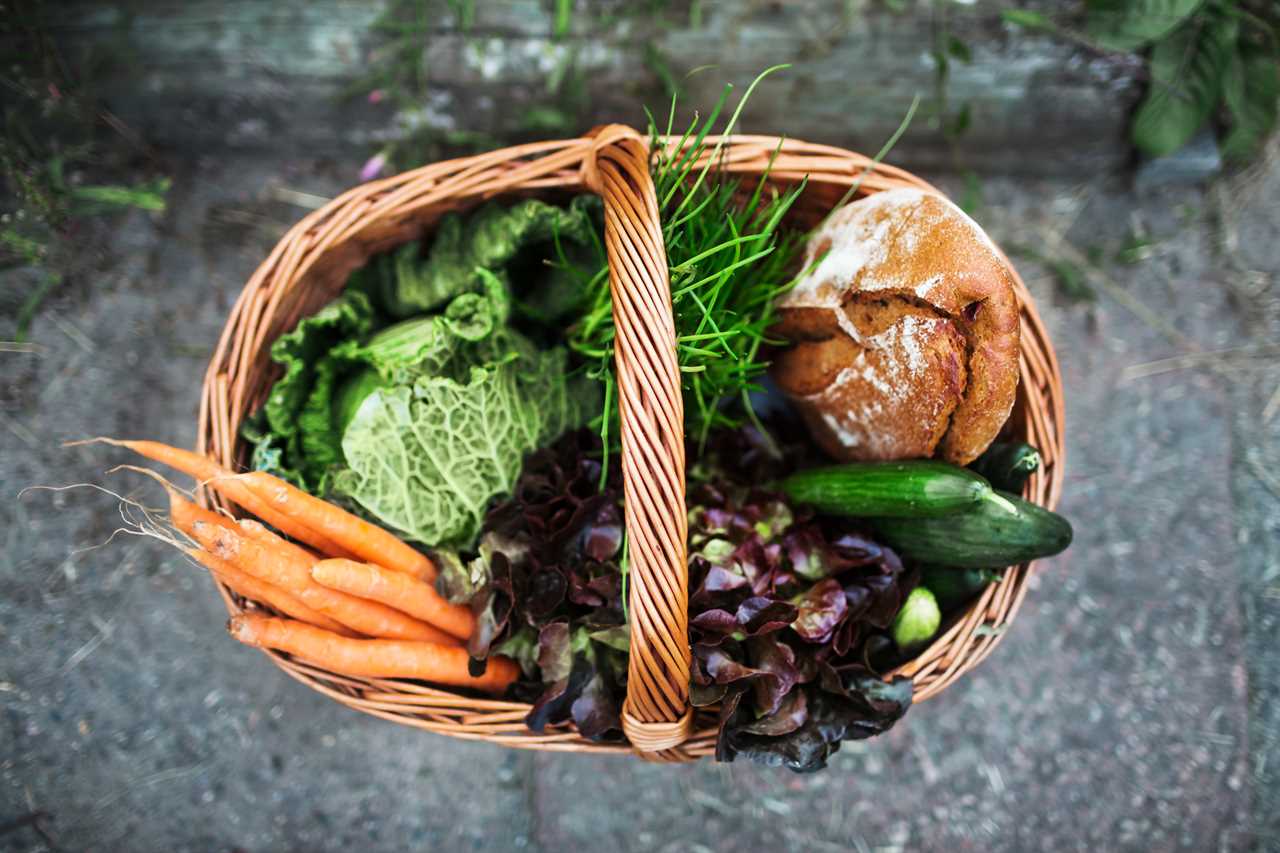 |
Planting trees and vegans, two very different farmers on food and farming with @GarethWynJonesAt Belovedsaffron.com, we are passionate about spices, herbs, good food and organic eating. Our mission is to bring awareness about the different.. |
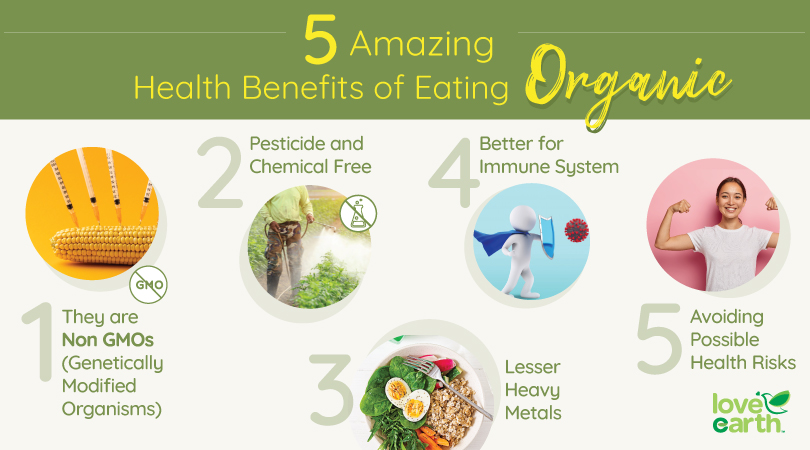 |
1 Food That Causes Insulin Resistance!Processed meats are high in sodium and nitrates, which can make it difficult for your body to process carbohydrates effectively. This can lead to health |
 |
Innovating our way into the future. A Summit for Entrepreneurs and Intrapreneurs.A powerful theme that speaks to the core of the nation. Solid speakers, not one of them will drop the ball. Shaping minds, promoting talents, pushing |
 |
All toxins will come out of your body! My grandfather''s old recipe!All toxins will come out of your body! My grandfather's old recipe! Ingredients: 2 Lemons 15 gr Ginger 1 piece garlic Honey as needed Subscribe my |
 |
The 3 Biggest FASTING MISTAKES & How to Do It CORRECTLY for Insane Benefits! | Dr. Mindy PelzDr. Mindy Pelz is a renowned holistic health expert and one of the leading voices in educating women about their bodies. She is on a mission to start a women’s |
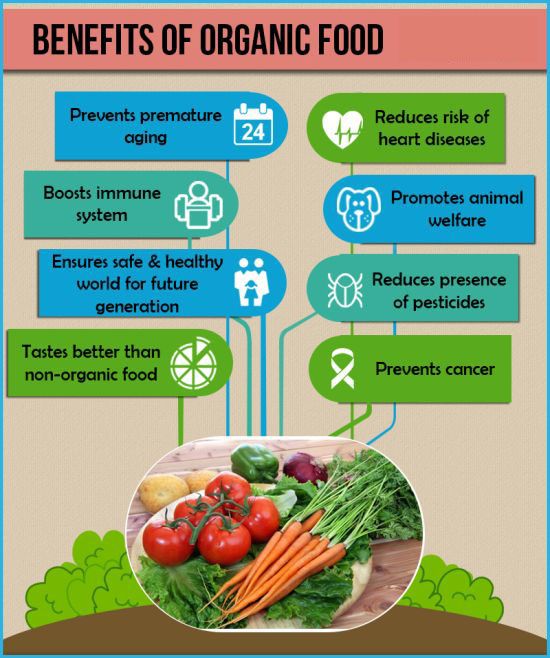 |
9 Hidden Benefits of Eating Pineapples DailyAre you curious about the health benefits of adding pineapples to your daily diet? In this informative video, we reveal the top nine hidden benefits of eating |
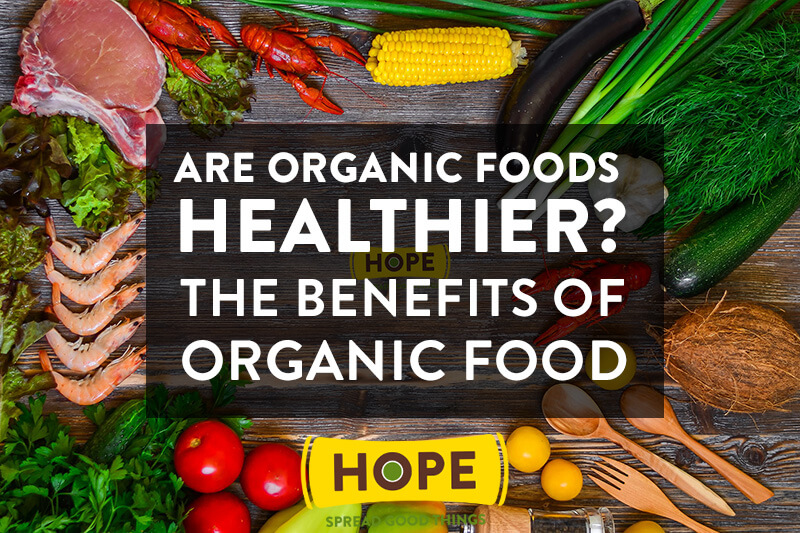 |
CO2 INJECTION FOR PLANTED TANKS - FULL TUTORIALWelcome to Belovedsaffron.com, where we embrace everything related to spices, herbs, nutritious food, and organic eating! We are not professional.. |
 |
First Look! Stock Market Earnings and the Stocks to Watch NOWFull Q1 Earnings Review and the Best Stocks to Buy Right NOW! Members’ only livestream and Q&A. If you aren’t able to be here live, ask any questions in the |
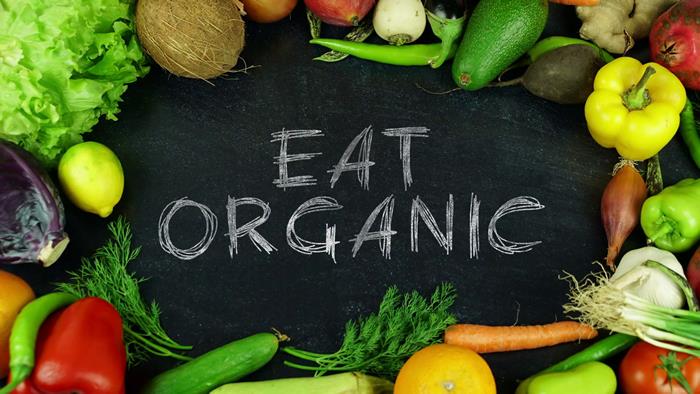 |
Organic eatingOrganic Cultur |
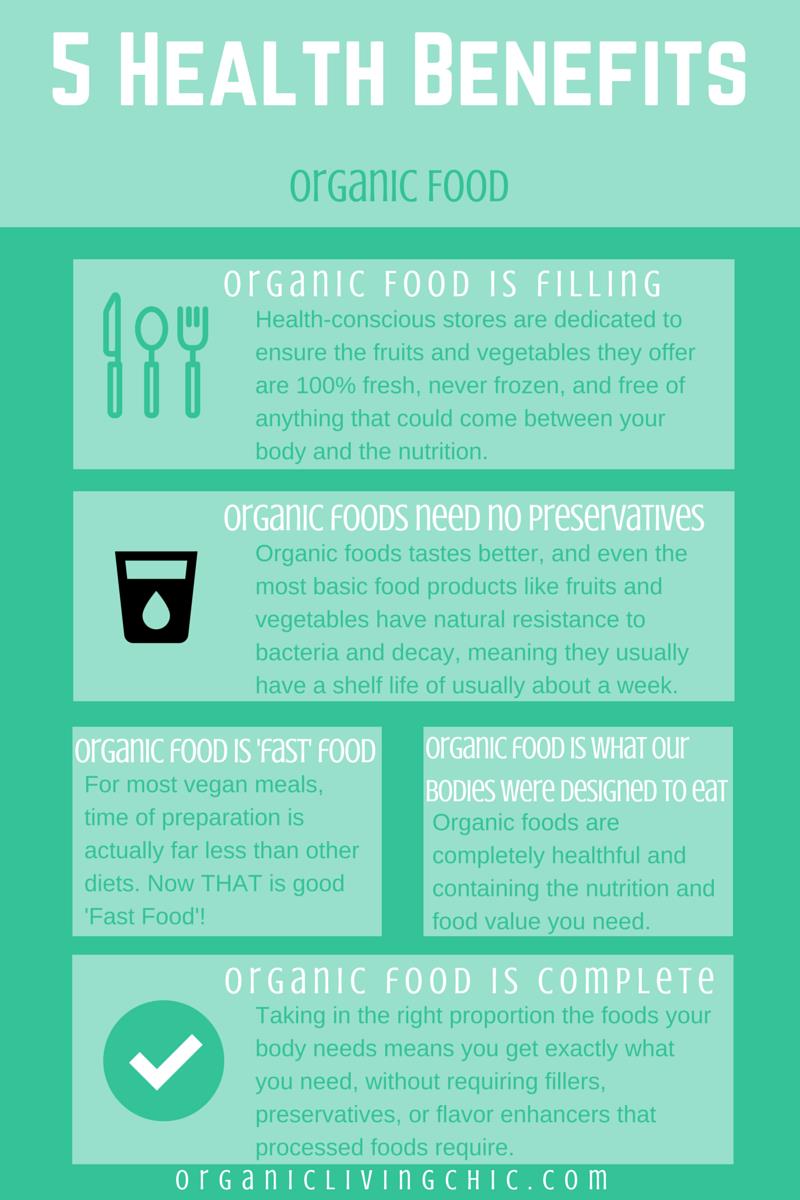 |
The 1 Fruit All Diabetics Should Be Eating, Study SaysEver heard of a fruit that actually lowers blood sugar instead of raising it? Well, here's one on offer for you. Nature's gift to help you peg your blood sugar |
 |
**THE LAST PART** What My Life Was Like Before My Diagnosis - Part 3 – Liver Disease & CirrhosisAt Belovedsaffron.com, we're passionate about flavours, cultures and cooking wisdom from around the world. We seek to bring you closer to sustainable |
 |
Aliens under the Ice – Life on Rogue PlanetsDiscover the wonders of global cuisine at Belovedsaffron.com! Our mission is to bring you spices, herbs and organic food from all over the world,.. |
 |
Magnesium: Why You Should Take ItIn this episode of "Talking with Docs," Dr. Zalzal and Dr. Weening delve into the importance of magnesium in our bodies and the benefits of taking magnesium |
 |
The 5 Keys to Soil Transformation with Matt PowersAt Belovedsaffron.com, we are dedicated to exploring the amazing world of spices and herbs, encouraging sustainable eating practices and sharing.. |
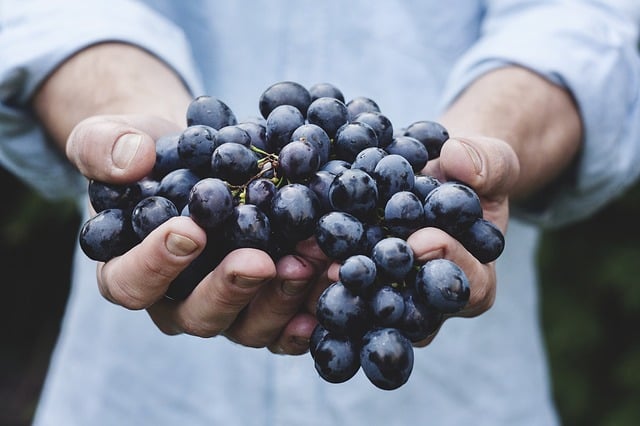 |
Using Fertilizer in the Vegetable GardenUsing fertilizer in the veggie garden- why, how, what & when? This video addresses some common questions about fertilizer, some basics about fertilizing |
 |
Full Day Of Eating | Starch Solution | Apple Cake & Cauliflower CurryAt Belovedsaffron.com, we are passionate about spices, herbs, recipes and organic eating. It is our mission to bring awareness of flavors from around |
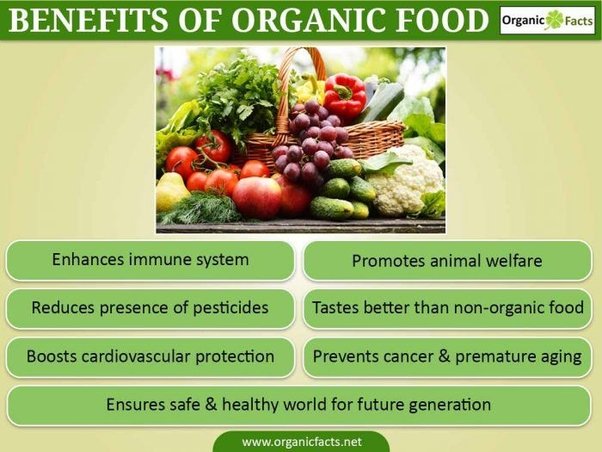 |
The Ultimate KabU Retreat Preparation EventAt Belovedsaffron.com, we are passionate about spices, herbs, recipes and organic eating and on a mission to bring you awareness about flavours from.. |
 |
Working technology in village || Organic village lifeAt Belovedsaffron.com, we are passionate about spices, herbs, recipes and organic eating and on a mission to bring you awareness about flavours from.. |
 |
A Carrot a Day Keeps the Doctor AwayCarrots can do more for your health than you might think. Learn more about the interesting benefits of carrots. The Anticancer Nutrient Researched over |
 |
OPENING THE RESTAURANT SOON | EATING ACKEE AND SALTFISHGenuinely embracing global flavours, BelovedSaffron.com invites food lovers and passionate chefs to explore a world of spices and herbs, organic food, |
 |
Is This the BEST Way to Garden in Difficult Climates?Welcome to BelovedSaffron.com, where we celebrate all the wonderful flavours of spices and herbs worldwide! We are not just chefs but food.. |
 |
Developer Of The Best Ever Organic Fertilizer Visits The Farm! Tips, Advice & Expertise GaloreAt Belovedsaffron.com, we are passionate about spices, herbs, good food and organic eating. Our mission is to bring awareness about the different.. |
 |
Cooking delicious curry by mother || Village life || Organic lifeAt Belovedsaffron.com, we believe that the key to good food and healthy eating is the proper use of spices, herbs, and other fresh ingredients. We.. |
 |
90% People Eat GARBAGE | 5 Signs your Food is ADULTERATED | SHLLOKAAt Belovedsaffron.com, we're passionate about flavours, cultures and cooking wisdom from around the world. We seek to bring you closer to sustainable |
 |
The Latest Research on Organic | The Organic CenterResearched articles about eating Organic food |
.png)





